Astrophotography beckons photographers to explore the depths of the night sky, capturing celestial marvels with remarkable detail and clarity. With Sony Alpha cameras celebrated for their low-light performance and innovative features, selecting the ideal lenses is paramount for achieving stellar astrophotography results. Here's a quick guide to prime and zoom lenses for astrophotography with a Sony Alpha camera.
Prime Lenses
1. Sony 24mm f/1.4 G Master
Celebrated for its exceptional optical performance, the Sony 24mm f/1.4 G Master lens stands as a premier choice for astrophotography aficionados. Its wide aperture of f/1.4 excels in gathering light, enabling the capture of stars, nebulae, and galaxies with extraordinary clarity.
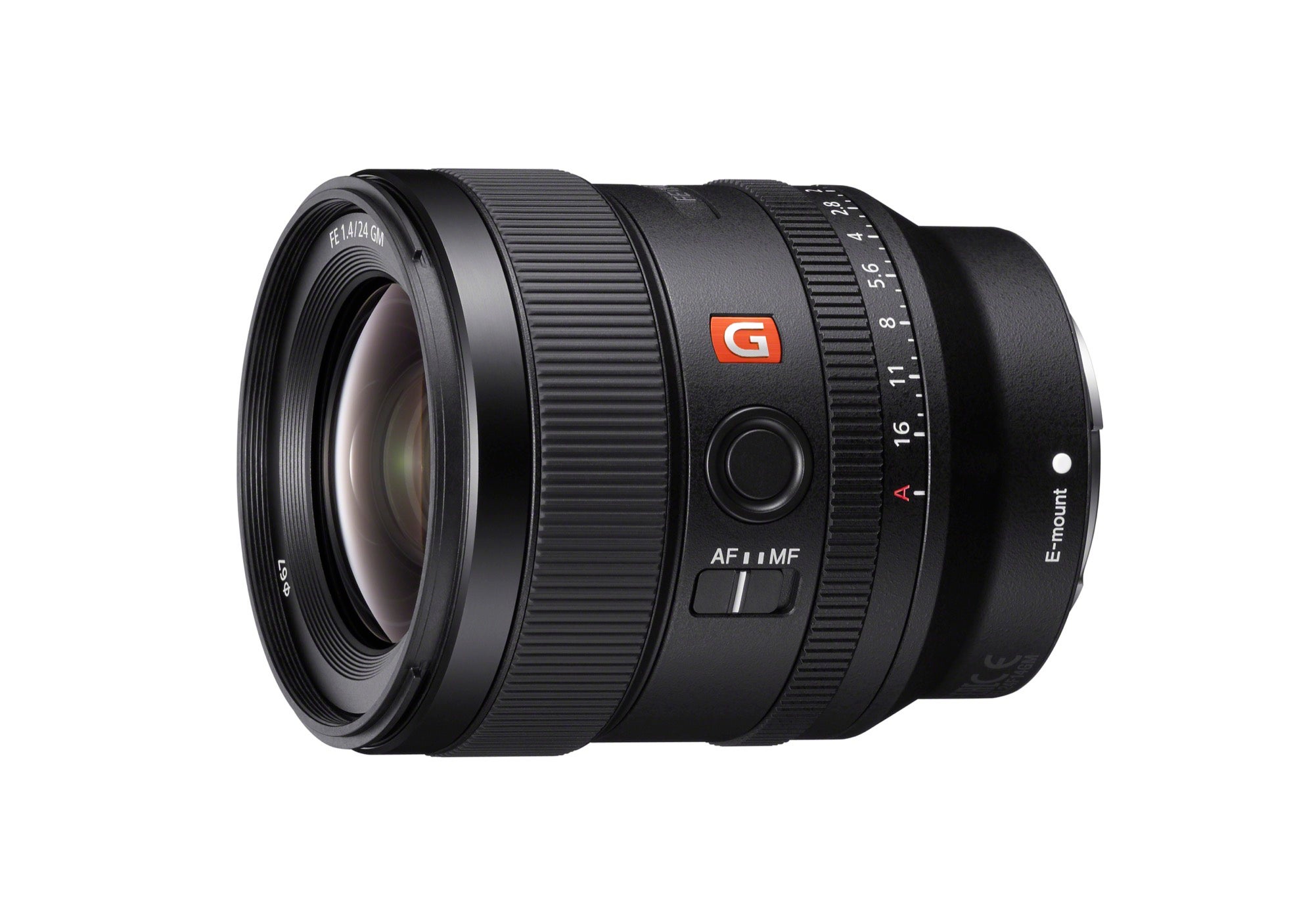
The 24mm focal length provides a versatile field of view, ideal for capturing expansive landscapes and detailed shots of the Milky Way. Its advanced optical design ensures minimal aberrations and distortion, producing sharp images from edge to edge.

Photo by Benjamin Wallace. Sony Alpha 7R IV. Sony 24mm f/1.4 G Master. 15-sec., f/2, ISO 2000
2. Sony 14mm f/1.8 G Master
Embrace the vastness of the cosmos with the Sony 14mm f/1.8 G Master lens. Featuring a fast aperture of f/1.8, this ultra-wide-angle lens captures intricate details of the night sky with exceptional clarity and depth.
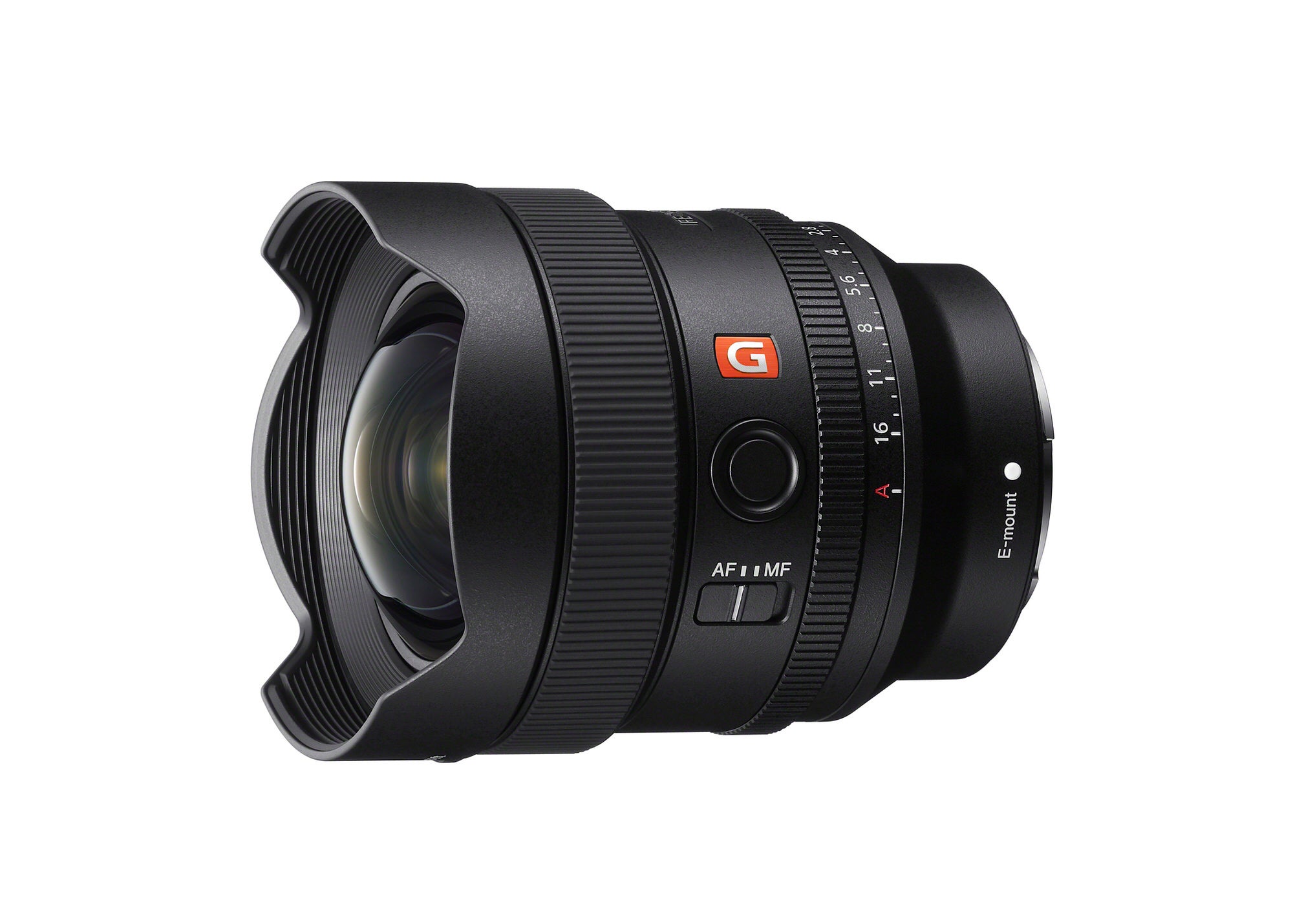
The 14mm focal length offers a unique perspective, immersing viewers in expansive vistas of stars, galaxies, and celestial phenomena. Its advanced optical design minimizes distortion and aberrations, ensuring crisp, distortion-free images across the frame.
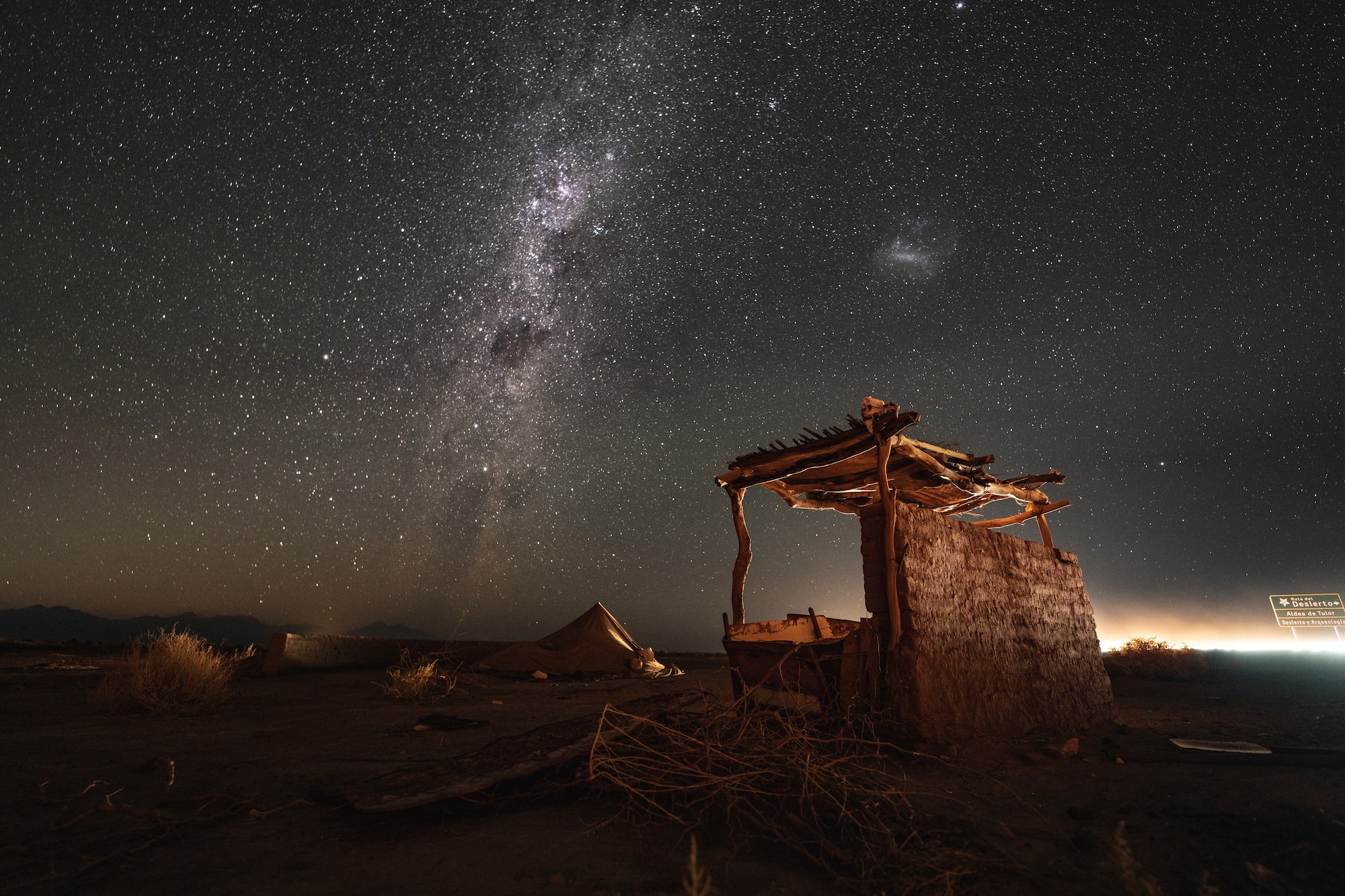
Photo by Taylor Rees. Sony Alpha 1. Sony 14mm f/1.8 G Master. 30-sec., f/2.2, ISO 1600
3. Sony 35mm f/1.4 G Master
The Sony 35mm f/1.4 G Master lens offers exceptional optical performance and versatility for astrophotography. With its fast f/1.4 aperture and standard focal length, this lens captures detailed images of stars and celestial objects with stunning clarity.
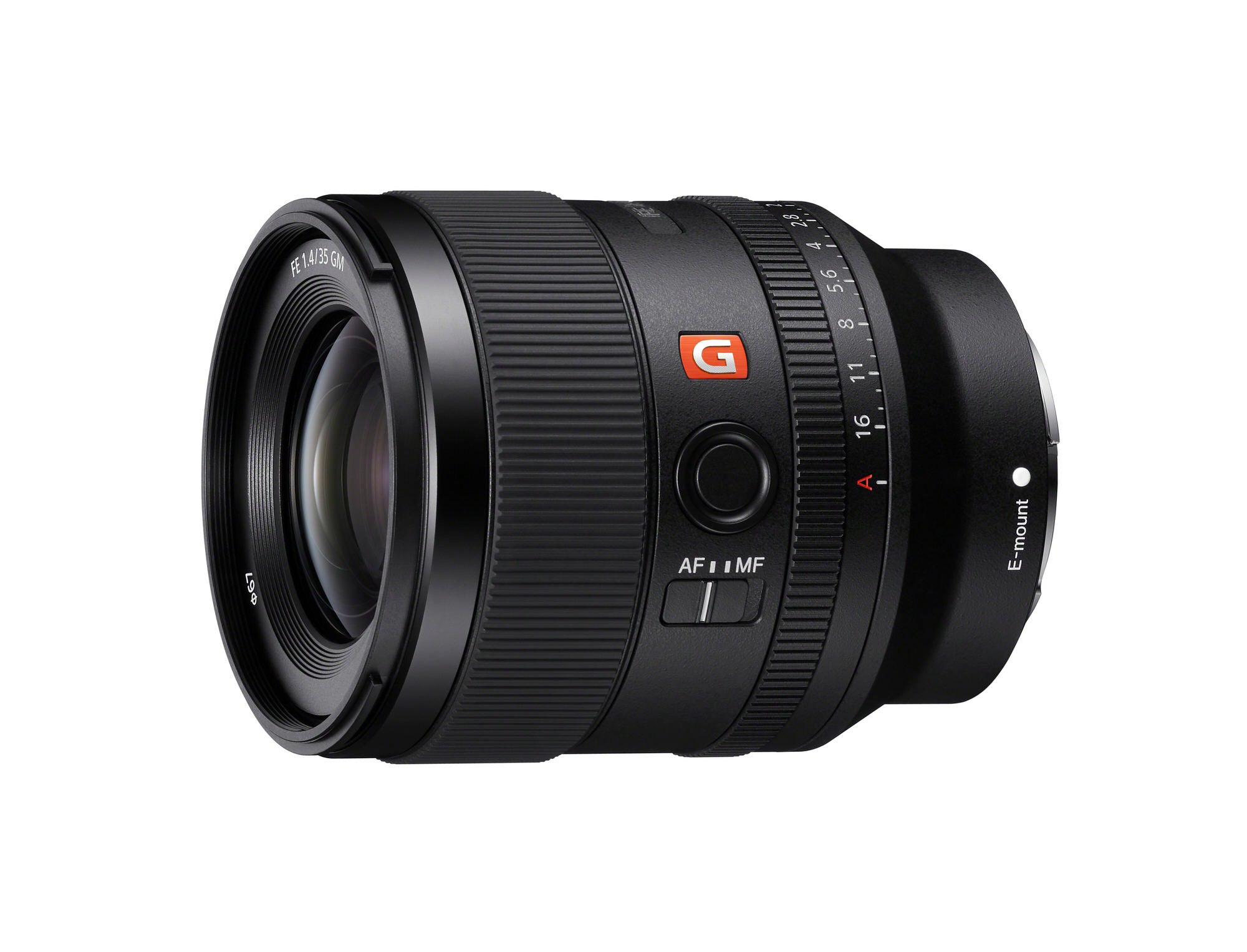
The 35mm focal length provides a natural perspective, making it ideal for capturing immersive views of the night sky and emphasizing celestial phenomena. Its advanced optical design ensures excellent sharpness and minimal distortion, even when shooting wide open.
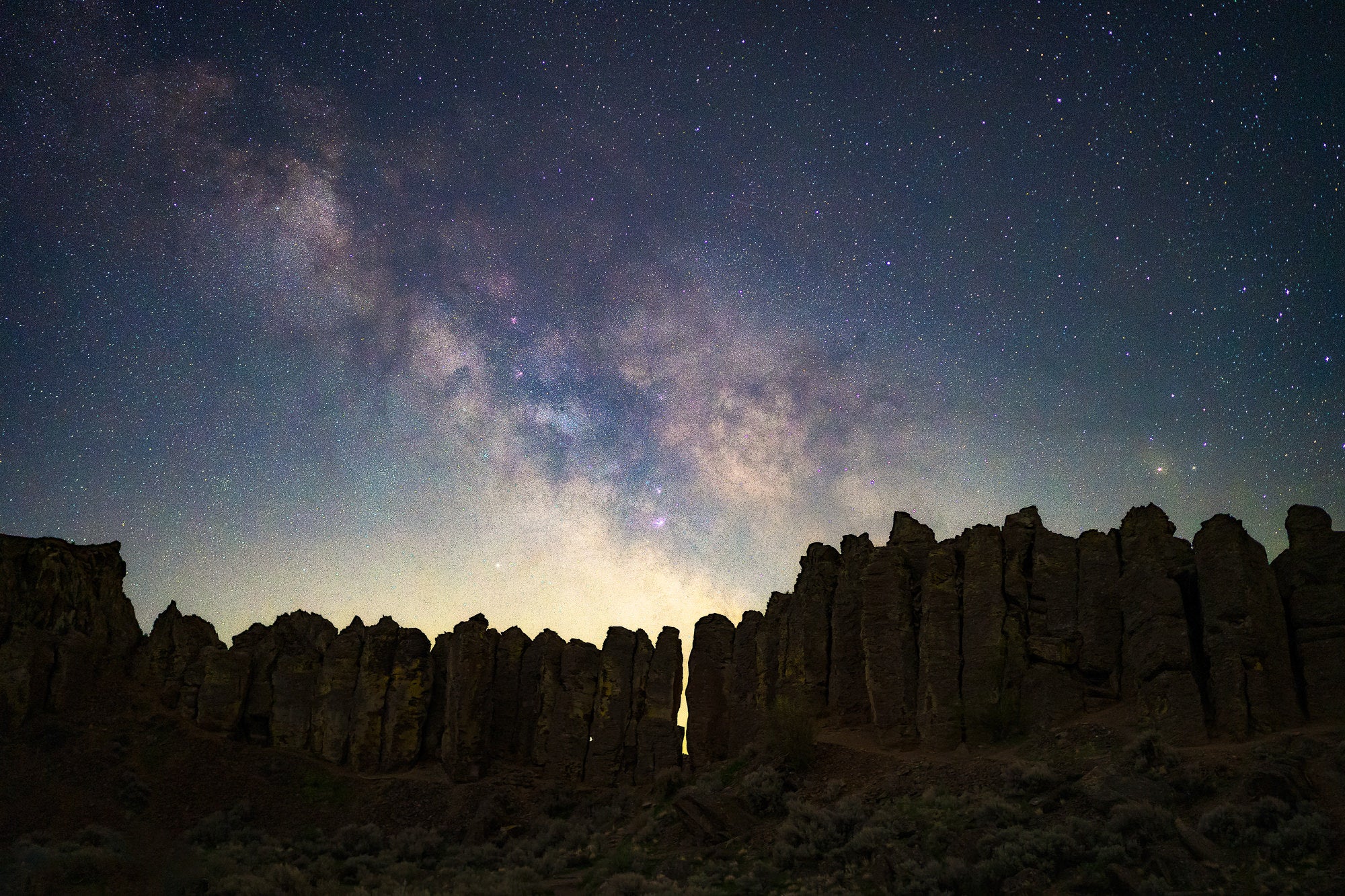
Photo by Dylan McMains. Sony Alpha 7 III. Sony 35mm f/1.4 G Master. 5-sec., f/1.4, ISO 4,000
Zoom Lenses
1. Sony 16-35mm f/2.8 G Master II
Step into the realm of astrophotography with the Sony 16-35mm f/2.8 G Master II lens. This versatile zoom lens delivers unparalleled optical performance, capturing sweeping views of the night sky with stunning clarity and detail.
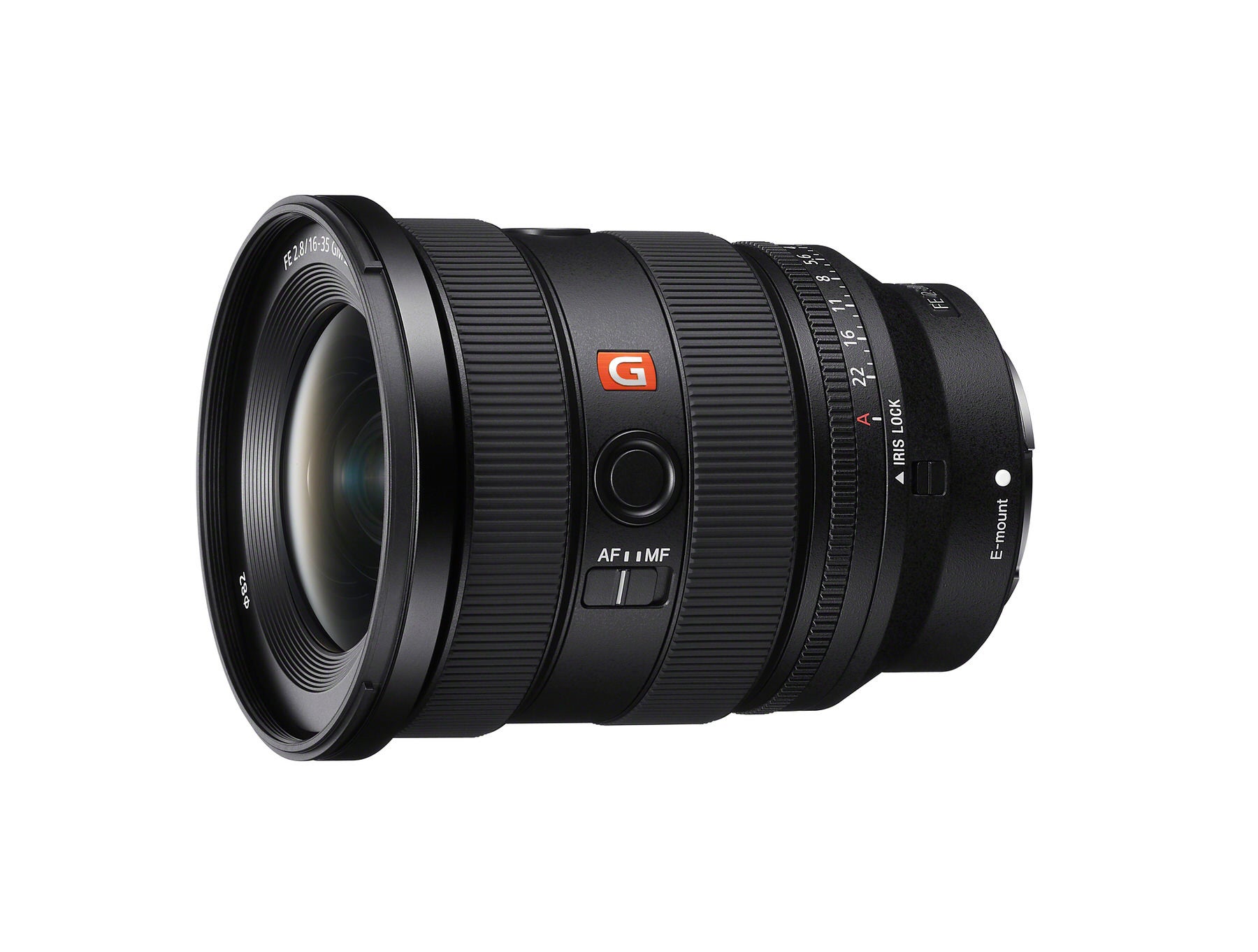
Sony 16-35mm f/2.8 G Master II
Featuring a fast f/2.8 aperture and versatile focal range, this lens is perfect for capturing expansive landscapes, detailed shots of the Milky Way, and dramatic compositions of celestial objects. Its advanced optical design ensures exceptional sharpness and minimal distortion, even when shooting wide open.
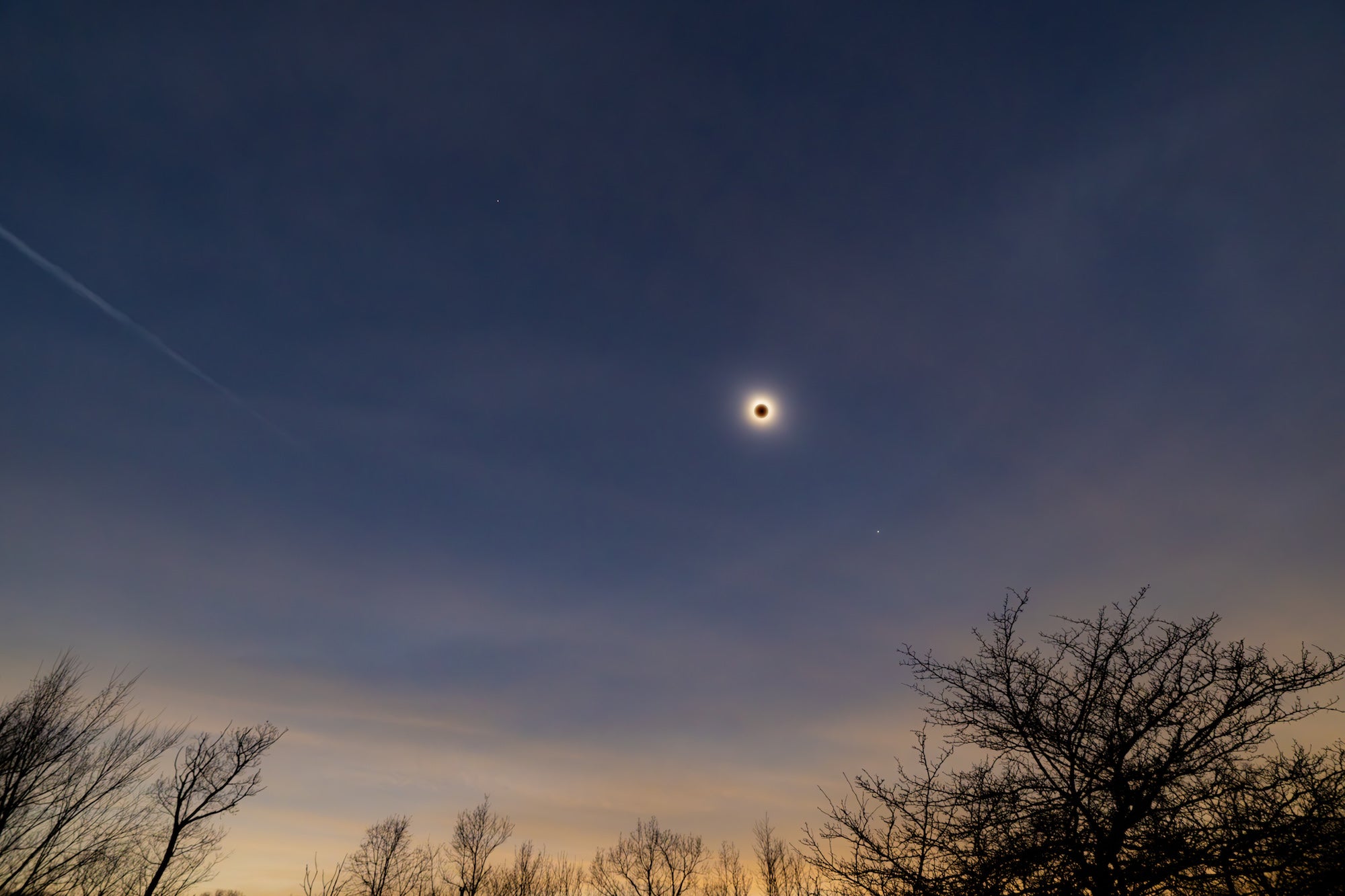
Photo by Andrew Geraci. Sony Alpha 1. Sony 16-35mm f/2.8 G Master II. 1/20-sec., f/4.5, ISO 4000
2. Sony 12-24mm f/2.8 G Master
Embrace the grandeur of the cosmos with the Sony 12-24mm f/2.8 G Master lens. This ultra-wide-angle zoom lens offers unmatched optical performance, allowing you to capture expansive views of the night sky with breathtaking clarity and detail.
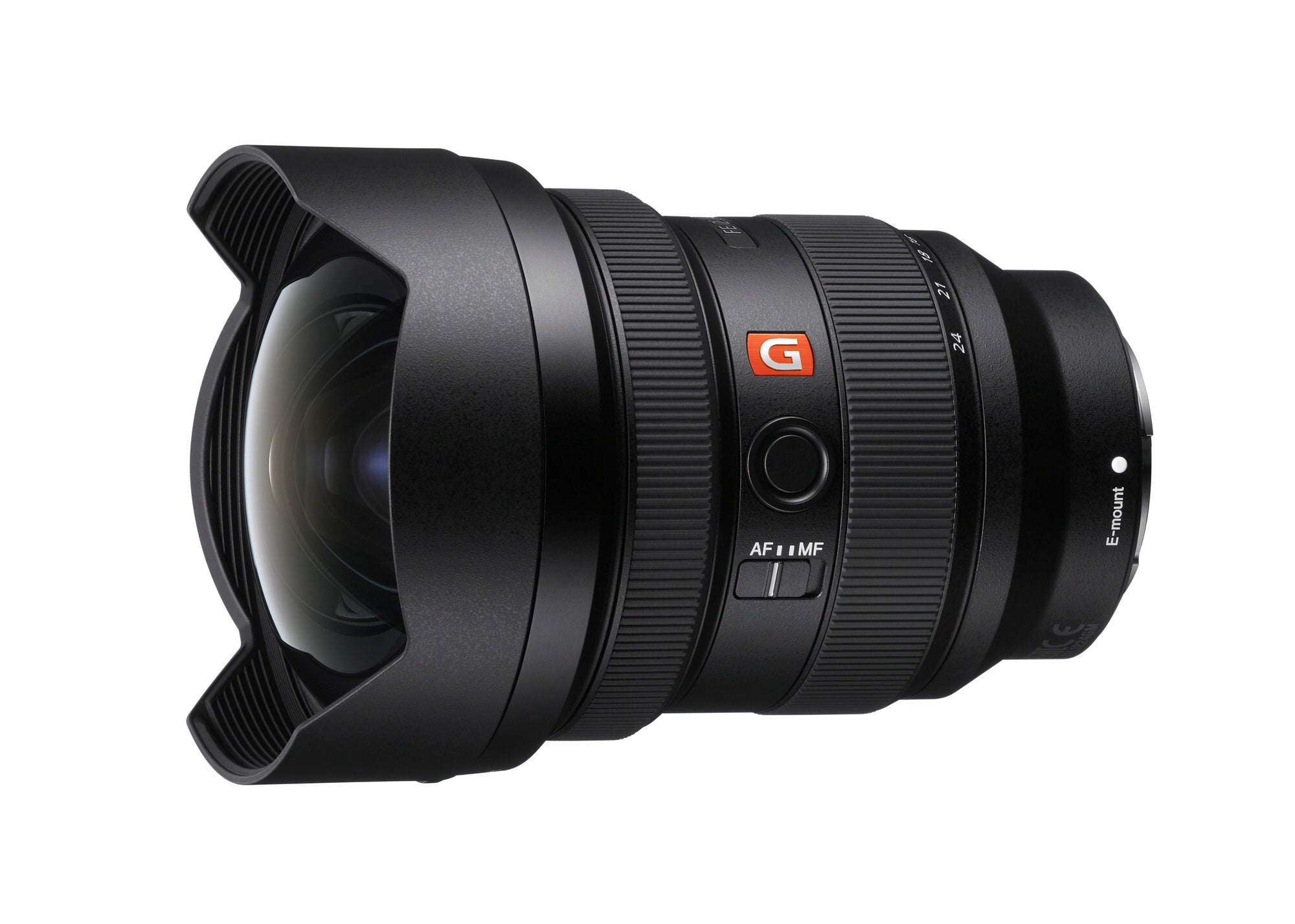
With its fast f/2.8 aperture and wide focal range, this lens is ideal for capturing immersive landscapes, detailed shots of the Milky Way, and dramatic compositions of celestial objects. Its advanced optical design ensures exceptional sharpness and minimal distortion, even at the widest focal lengths.
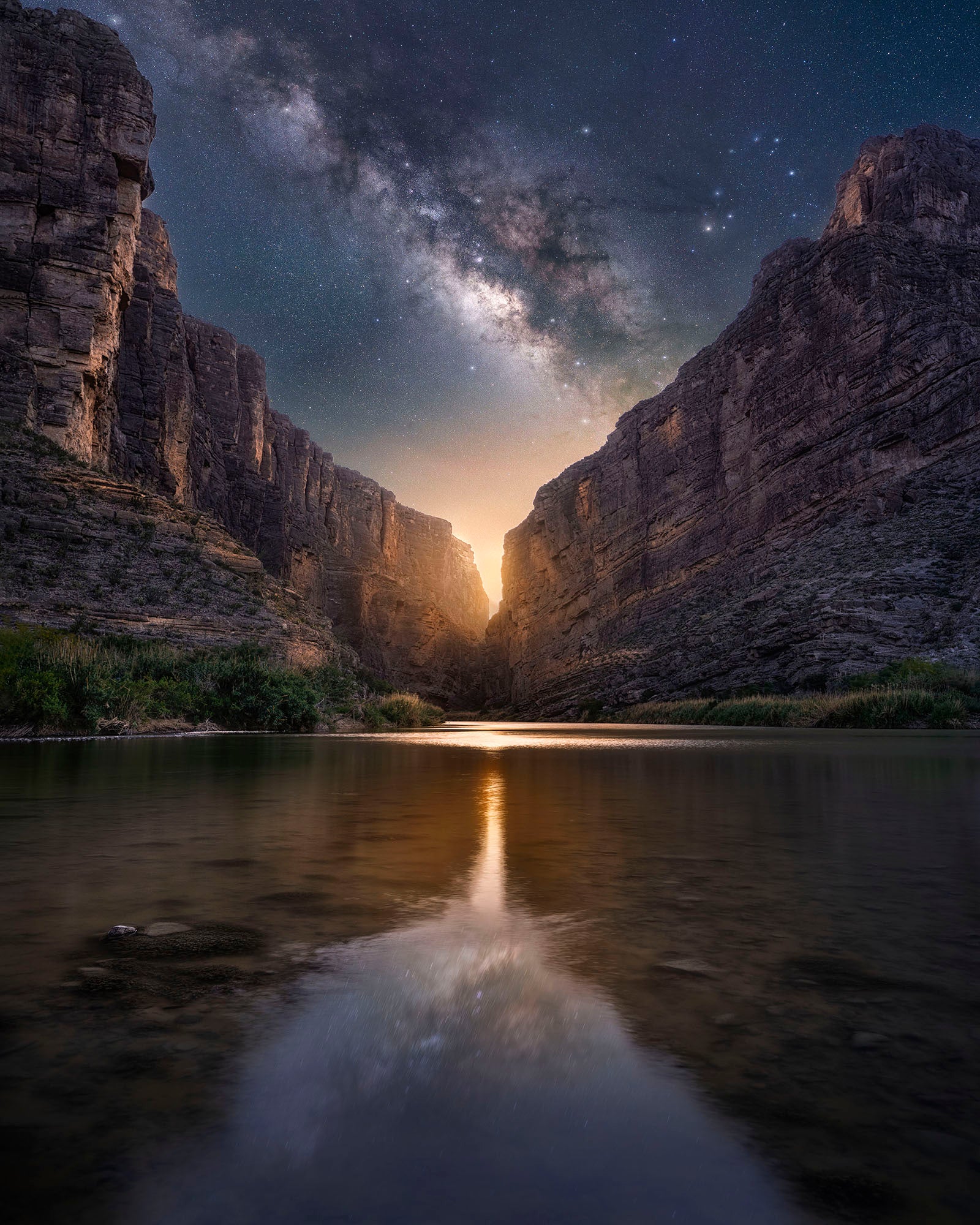
Photo by Steve Hamm. Sony Alpha 7R III. Sony 12-24mm f/2.8 G Master. 4-sec., f/5.6, ISO 100
Each of these lenses offers unique advantages for astrophotography, enabling photographers to capture the beauty of the night sky with precision and creativity. Whether you opt for the wide-angle perspective of a prime lens or the versatility of a zoom lens, investing in the right lenses for your Sony Alpha camera will elevate your astrophotography endeavors to celestial heights.


